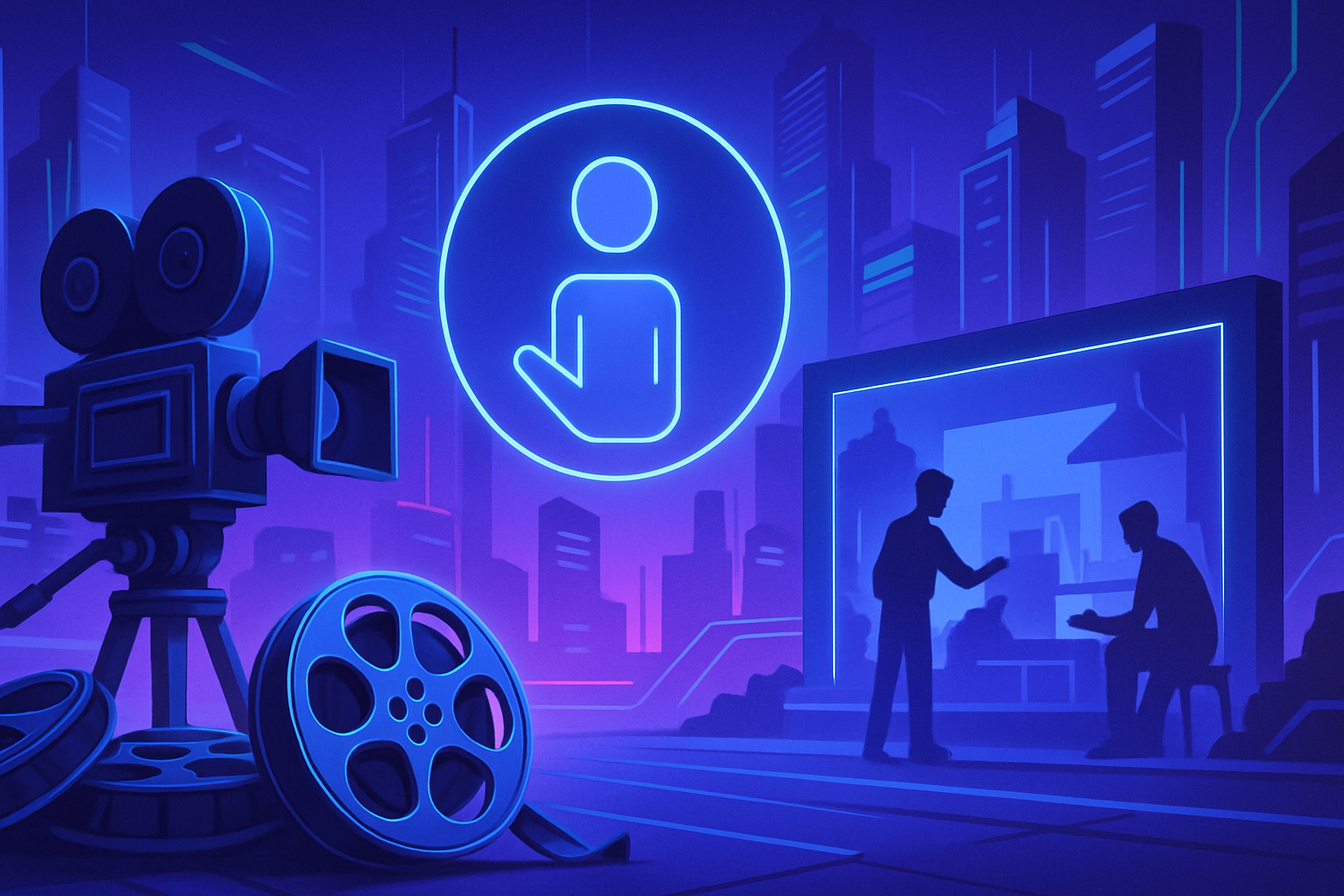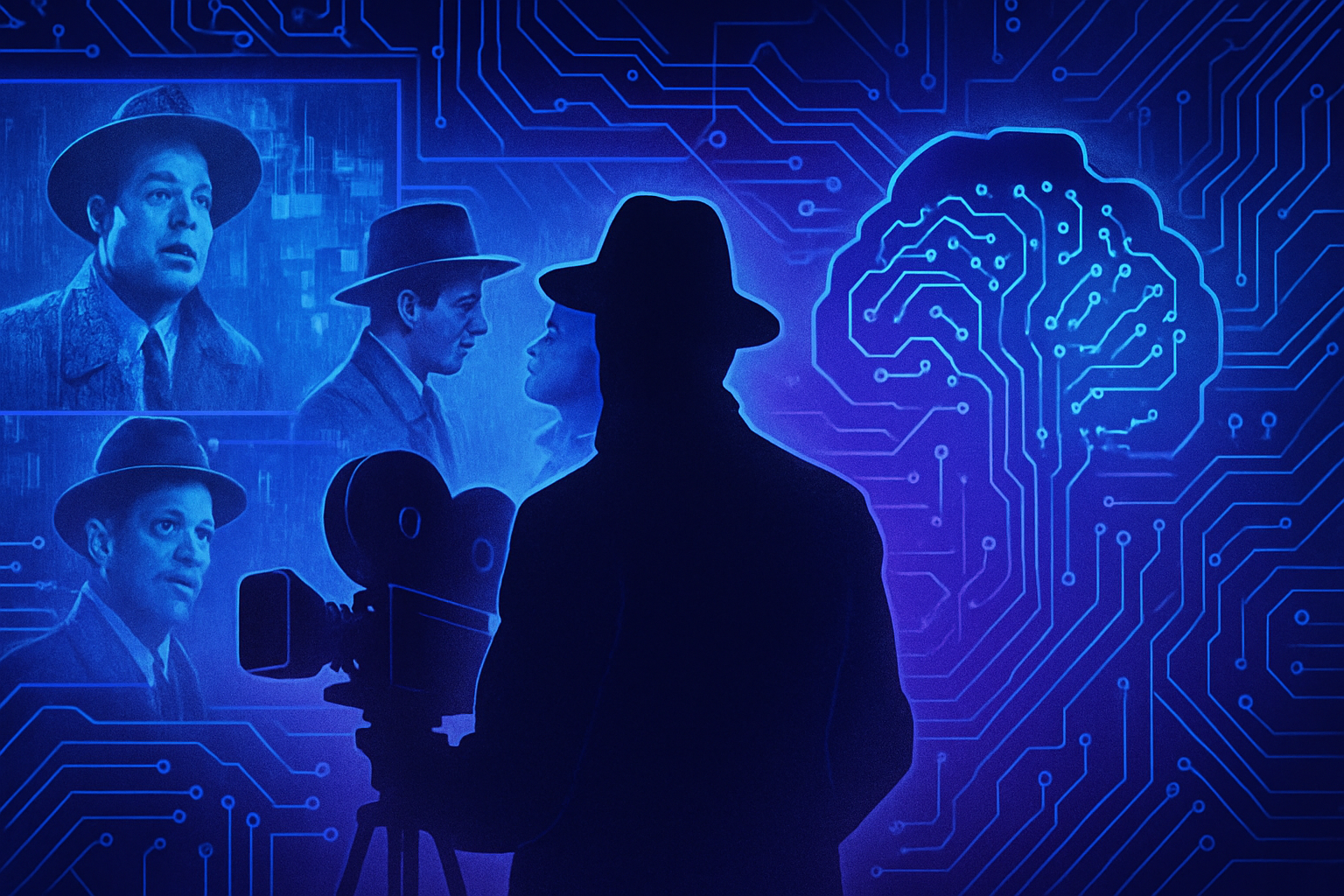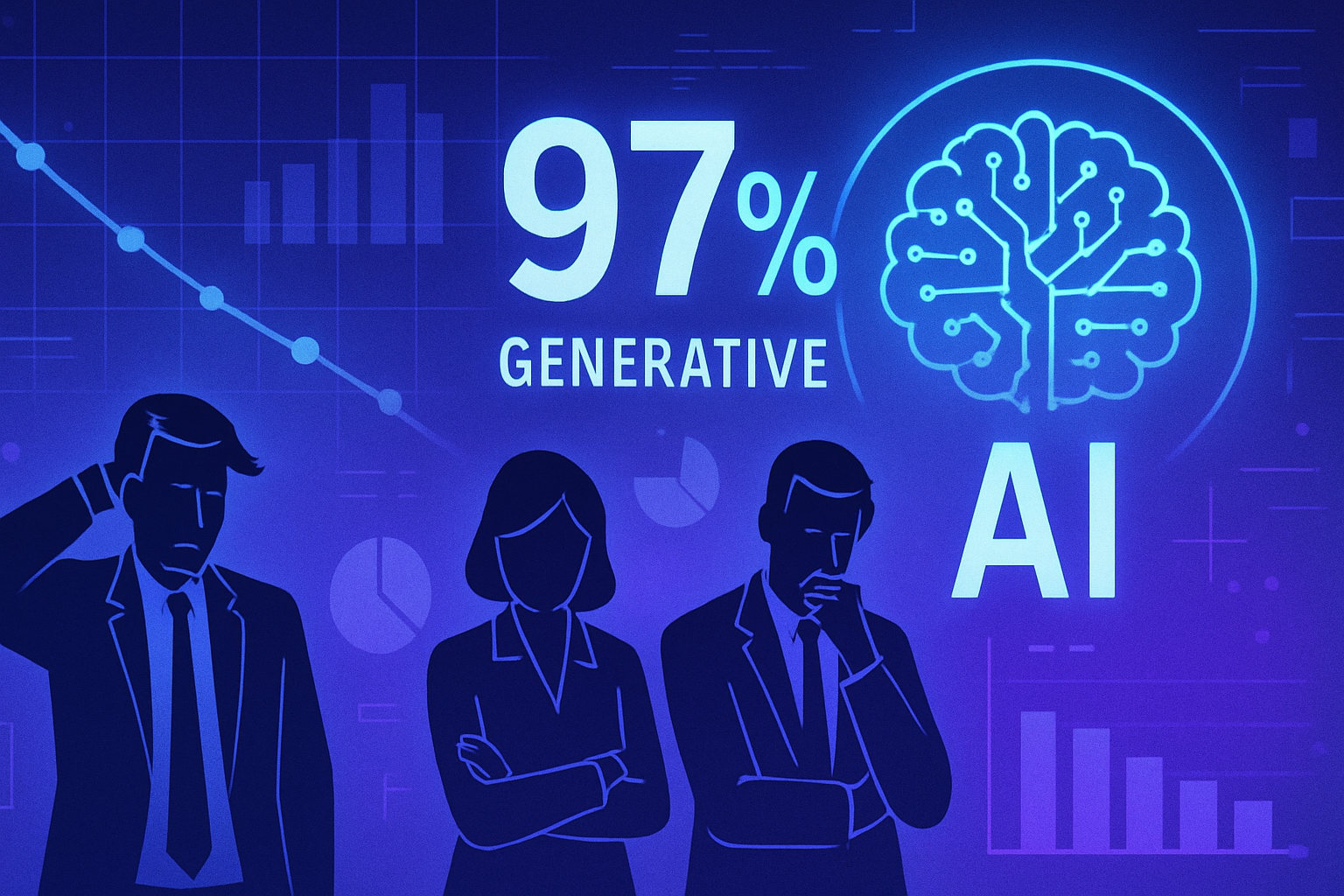Universal recently took an unprecedented measure by adding a warning in the credits of its films, stating that these works *must not be used for training AI*. Far from being trivial, this commitment engages the battle against the unauthorized exploitation of artistic creations by artificial intelligence models. *Concerns related to intellectual property* are multiplying as studios strive to protect their productions in the face of often questionable training practices. By instituting such a clause, Universal aims not only to deter but also to assert its rights in an expanding tech industry.
Universal Pictures imposes a warning on AI usage
Universal Pictures has recently introduced a warning in the credits of its films, stating that the production “cannot be used to train AIs”. This initiative is part of a broader strategy of intellectual property rights holders seeking to protect their content from unauthorized exploitation. The warning was first incorporated at the end of How to Train Your Dragon during its release last June.
Copyright protection measures
This mention is complemented by another more classic message, stating that “this film is protected by the laws of the United States and other countries”. It also warns that any unauthorized duplication, distribution, or exhibition may result in legal consequences. The incorporation of these warnings underscores the willingness of studios to defend themselves against unapproved uses of their works in the field of artificial intelligence.
Issues related to artificial intelligence
Concerns regarding the potential use of their films for AI training stem from recent incidents where AI models have been fed content without adequate permissions. For example, Meta allegedly downloaded large volumes of works via LibGen, a site often referred to as a piracy site. Such behavior has led publishers, like the New York Times, to sue AI companies such as OpenAI for unauthorized exploitation of content.
Response to the rise of intellectual property questions
Universal and other studios are seeking to establish a distance from these practices. Their message serves as a warning against a potentially illegitimate appropriation of their creations. AI companies must navigate a complex legal landscape where the use of copyright-protected products poses significant challenges. The new warnings aim to introduce a form of liability and opposition to potential abuses.
Protection against technological evolution
Films can undergo various forms of use in the digital age, and the impacts of AI on these works raise unprecedented questions. As artificial intelligences become increasingly sophisticated, the boundary between human creativity and algorithmic reproduction blurs. This raises fundamental questions about the legitimacy of using the styles and techniques of major studios.
Legislative and regulatory initiatives
Globally, legislations such as that adopted by the European Union provide a legislative framework allowing creators to protect themselves against the unauthorized use of their works. This legal framework essentially allows individuals and companies to refuse that their productions be included in scientific research. Universal is thus committed to preserving the integrity of its content while pragmatically confronting the challenge of AI.
Future perspectives
The debate around the use of works in AI models continues to grow as studios strengthen their positions on the subject. Concerns regarding copyright and intellectual property are now inevitable in the conversation about the future of artistic creation. This issue becomes increasingly pressing as new tools and technologies emerge and redefine the boundaries of creation and reproduction.
Studios, faced with the threat of illegitimate exploitation, are relying on clear warnings. This also establishes an important legal precedent should a dispute arise regarding the improper use of their films. The question remains, however: will these measures be sufficient to curb the rapid evolution of AI technologies?
User FAQ on Universal’s warning regarding AI training in its films
Why does Universal Pictures include a warning about AI training in its films?
Universal Pictures seeks to protect its copyright and prevent its works from being used without authorization to train artificial intelligence models.
Where can this warning be found in Universal’s films?
This message generally appears in the credits at the end of the films, such as in “How to Train Your Dragon” and “Jurassic World Rebirth”.
What is the exact content of this warning?
The warning informs that the film “may not be used to train AI” and also mentions copyright protection under the laws of the United States and other countries.
Is this warning legally binding?
Although it’s a warning, it establishes a basis for action in case of unauthorized use, but its effectiveness will depend on local copyright laws.
What happens if a Universal film is used despite this warning?
If a film is used without authorization, this could lead to civil and criminal lawsuits against the entity responsible for the unauthorized use.
How does this warning influence the film industry?
This warning could encourage other studios to adopt similar policies to protect their works and raise awareness of copyright issues in the context of AI.
Do Universal’s warnings cover all countries?
Yes, Universal tailors its warnings according to the prevailing copyright laws in different countries, including opt-out options for scientific research in the European Union.
How can producers ensure that their films are not used for AI training?
Producers should include clear warnings in their works, as Universal does, and take legal action if necessary to enforce their rights.






